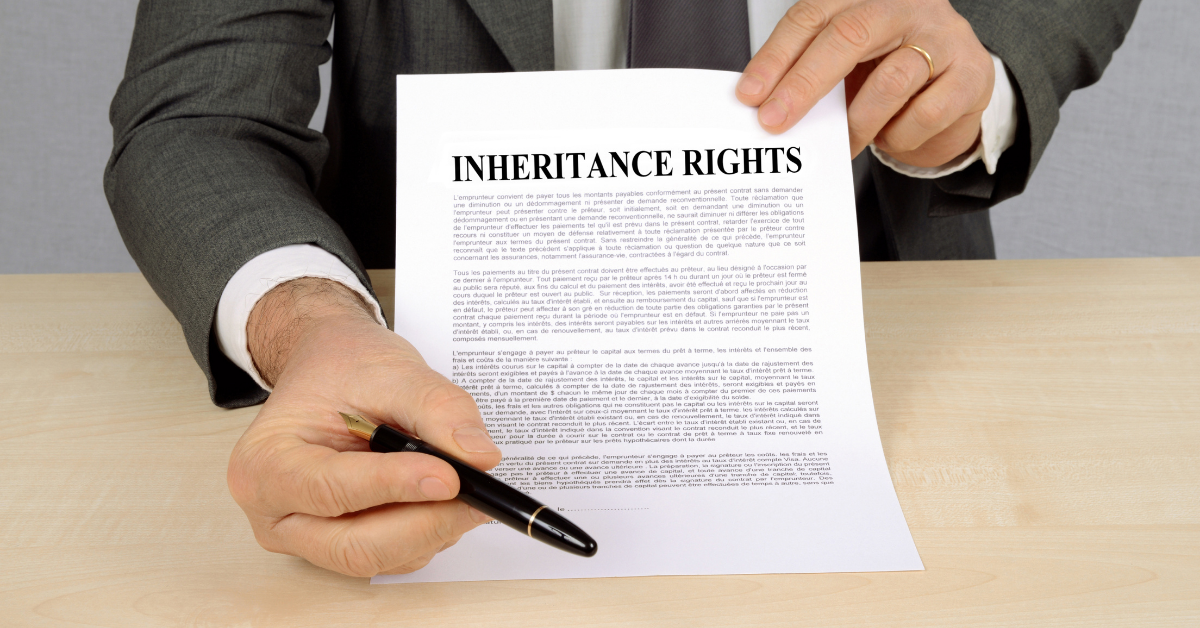The Pros and Cons of Mortgage Rate Locks
 If you’re just jumping into the game of home purchasing, you are likely considering all of your loan options and may even have heard the term mortgage rate lock. For those who don’t like to gamble, a mortgage rate lock can offer a bit of reassurance, but there are also some downsides to this type of protection. Before signing off on this, here are the details on rate locks so you can make an informed decision.
If you’re just jumping into the game of home purchasing, you are likely considering all of your loan options and may even have heard the term mortgage rate lock. For those who don’t like to gamble, a mortgage rate lock can offer a bit of reassurance, but there are also some downsides to this type of protection. Before signing off on this, here are the details on rate locks so you can make an informed decision.
What Is A Rate Lock?
For many people who are buying a home, the idea of interest rates can make the heart race a little faster, but this is the purpose of rate locks which offer consistency in a market in flux.
Instead of having to deal with day-to-day fluctuations of the rate – which increases or decreases what you owe – a rate lock is a lender promise that you will be held to a specific rate or your rate will not rise above a certain number.
Easy Balancing Of The Budget
The easy thing about utilizing the rate lock, especially for a buyer who is less familiar with the market, is that it will enable you to instantly determine your monthly payments based on that rate. Instead of having to pay more per month, you’ll be able to estimate exactly what your payment will be and it won’t rise above the limit you’ve set for yourself. While daily fluctuations can be a drag, a mortgage lock takes the guesswork out of the day-to-day.
The Added Cost Of Security
It might seem like a rate lock is an option that everyone would utilize, given the stability, but lenders charge for this type of offer because of the risk factor. While lenders can certainly stand to gain if your rate lock is higher than the interest rates, in the event that they rise beyond this point, they will end up losing money. So, while a 30-day rate lock may not end up costing you, this type of lock stretched over a longer period may actually end up costing you more than fluctuating rates.
If you’re not familiar with the world of investing and interest rates, a mortgage rate lock can sound like a great idea; however, there are downsides to this offer and they’re worth considering before getting locked in. If you are currently on the hunt for a home, you may want to contact one of our mortgage professionals for more information.

 With COVID and social distancing keeping people apart, buying a home in person has become a real challenge. Digital tools and online presentations of homes for sale have ramped up in response, making it possible to see properties with both static images/photos and with “360 degree” views or interactive walkthroughs. However, these are not real-time images of the home itself. They are professionally-developed representations of a property, and a lot of software work goes into making those images marketing ready.
With COVID and social distancing keeping people apart, buying a home in person has become a real challenge. Digital tools and online presentations of homes for sale have ramped up in response, making it possible to see properties with both static images/photos and with “360 degree” views or interactive walkthroughs. However, these are not real-time images of the home itself. They are professionally-developed representations of a property, and a lot of software work goes into making those images marketing ready. There can be a lot of excitement when it comes to the realization that you’ve inherited a home, but simply because it’s an inheritance doesn’t mean there aren’t a few strings attached. Whether you’re expecting to be gifted with a home in the future or you’re currently going through this process, here are a few things you may need to watch out for.
There can be a lot of excitement when it comes to the realization that you’ve inherited a home, but simply because it’s an inheritance doesn’t mean there aren’t a few strings attached. Whether you’re expecting to be gifted with a home in the future or you’re currently going through this process, here are a few things you may need to watch out for.